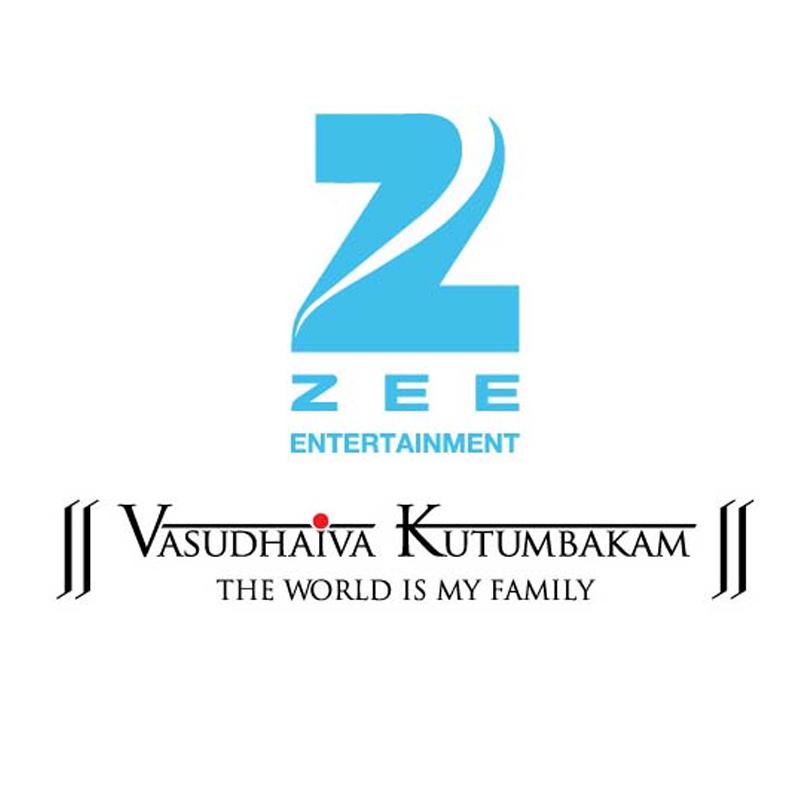MUMBAI: Zee Entertainment Enterprises Ltd?s (Zeel) financial performance has grown in strength in the five years since 2007-08, the year that saw the Subhash Chandra-promoted group?s flagship channel Zee TV swell its share in general entertainment by 56 per cent to 26 per cent amidst stiff competition.
Zeel, which pioneered private sector television entertainment 20 years ago, has seen its income in 2011-12 rise to Rs 30.405 billion, 65 per cent more than in 2007-08, while its net profit increased to Rs 5.891 billion, 53 per cent higher than five years ago. The income and profit figures increased as it kept a tight control on programming cost. Its programming cost to income from operations was 37.4 per cent compared with 28.2 per cent five years ago.
The last two years have also seen Zeel turning into a zero debt company with loans to effective networth dropping from 13.5 per cent in fiscal year 2008 to zero in fiscal year 2011.
Zeel?s share of advertisement income and subscription income has nearly been at the same level over the last five years, which suggests that the advertisement revenue has kept pace with the growing subscription revenue. The share of advertising revenue in fiscal year 2012 was 52.1 per cent compared with 50.7 per cent five years ago.
As the Subhash Chandra television entertainment group continued consolidating its financial performance, the company?s market capitalisation has swung back to the end-March 2008 level. The global financial crisis in the second half of 2008 had caused its market cap to sink to Rs 46.157 billion at the end of March 2009 from Rs 106.072 billion a year earlier. At the end of March 2012, Zeel?s market capitalisation was Rs 123.202 billion, 14 per cent higher than the pre-2008.
The operating profit margin in fiscal year 2008 was the highest in the last five years. The television entertainment group is yet to reach the operating profit margin of 30 per cent achieved during the year. Its operating profit margin in the fiscal year 2012 was 24 per cent, down from 27 per cent in fiscal year 2011 and 28 per cent fiscal year 2010.
"The sports business losses have somewhat dragged down the overall Ebitda level. But Ebitda from non-sports business is still significantly higher and ended at 34 per cent in the first quarter of this fiscal," said a media analyst.
Fiscal year 2009 saw improvements across key operating metrics of Zeel. Its net profit for the year at Rs 5.124 billion was 34 per cent higher than a year earlier, on an 18 per cent year-on-year increase in income from operations to Rs 21.773 billion. This was also despite a drop in operating profit margin.
The fiscal year 2010 was a year of creating operating efficiencies for Zeel, which helped it reduce expenses by 2.63 per cent year-on-year to Rs 15.863 billion. The income from operations during the year had remained flat at Rs 21.998 billion.
The performance in 2010 was a result of a conscious decision to focus on cash flows and improve earnings, which was well complemented by programming properties and distribution strengths from cable and reach of pay TV.
Zeel made the most of the digital drive led by the exponential growth of direct-to-home television, which had made it possible for cable and satellite television to reach 80 per cent of the TV households in the country. In the fiscal year 2011, Zeel?s income rose 36 per cent to Rs 30.088 billion from Rs 21.998 a year earlier.
In the fiscal year (2012) just before it entered 21st year of its operations, Zeel?s profitability was hit by curtailed advertisement spends caused by a slowing economy amid a global financial crisis for the second time in the last five years. Its income in the fiscal year 2012 was nearly flat at Rs 30.405 billion, while its net profit shrunk to Rs 5.891 billion from Rs 6.369 billion.
As Zeel managing director and CEO Punit Goenka puts it, the company?s financial performance has been stable in fiscal year 2012, having touched Rs 15.8 billion of advertising income and Rs 13.2 billion of subscription revenue.







